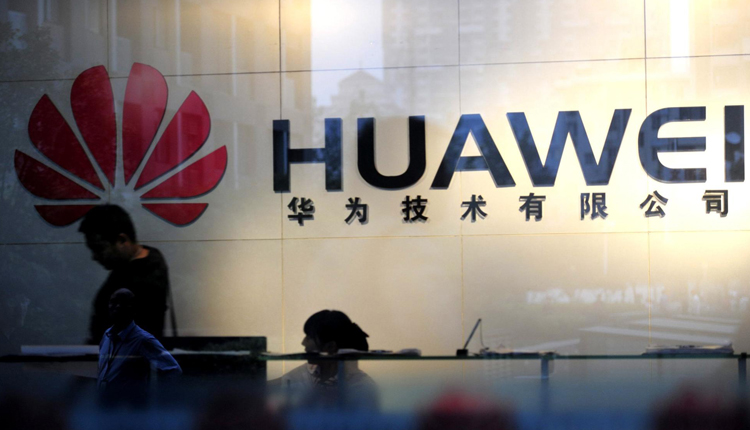Two landmark cases involving the Shenzhen-based hardware giant Huawei take big steps forward in the coming weeks, as the Trump administration weighs an executive order that may further curtail the ability of American companies to use telecom equipment manufactured in China.
Decisions on these matters will affect U.S.-China trade talks, which have focused heavily on issues related to alleged state-sponsored theft of intellectual property by China. Success in the Huawei court cases will also significantly affect the Trump administration’s ability to persuade allies they can comfortably follow the American position on Chinese-made equipment.
Weighing extradition in Canada
Canada’s Department of Justice is now reviewing an application by its U.S. counterpart on whether to extradite Huawei CFO Meng Wanzhou, daughter of founder Ren Zhengfei, on fraud charges.
Prosecutors for the Eastern District of New York say Meng and Huawei committed fraud by seeking to hide payments made for equipment sold to Iran, a violation of sanctions against that country, from U.S. banks.
Canada’s Department of Justice has a March 1 deadline to decide whether to issue an “Authority to Proceed,” a step which will provide the official go-ahead to begin hearing arguments for and against extradition.
If that is issued, an extradition hearing will be scheduled by the British Columbia Supreme Court, according to a spokesperson for the Canadian Ministry of Justice. Meng’s next court appearance has been scheduled for March 6, the spokesperson said.
The case has proven highly fraught for Canada, leading to several diplomatic spats with China and the possibly retaliatory arrests of several Canadian citizens living and working in China. Because of this, Canada may have additional incentive to protect its own trade interests with China, making the U.S.’ case for extradition even more tricky.
T-Mobile case to proceed
A hearing is now scheduled for Feb. 28 in Seattle’s Western District Court for Huawei to answer charges it stole proprietary technology from T-Mobile, specifically the specs for a smartphone testing robot called “Tappy.”
Huawei has argued the case was already litigated and settled in 2017, when a jury awarded T-Mobile $4.8 million in the matter, a fraction of the more than $400 million in damages and lost profits T-Mobile had sought.
“A Seattle jury found neither damages nor willful and malicious conduct on the trade secret claim,” a Huawei spokesperson said in a statement.
The case is significant because the federal government has made bold claims about Huawei’s alleged espionage activities for the better part of a decade. The T-Mobile case alleges a conspiracy reaching from ground-level engineers to top-level executives, which would be in line with the intelligence community’s assertions about the company.
Executive order on China-made equipment
Huawei and another Chinese hardware maker, ZTE, have seen equipment banned for certain uses for years. But President Donald Trump is planning a new executive order for early March that would more extensively ban equipment made by these companies, an administration official confirmed to CNBC.
As has been the case in other countries, such as Australia, the new ban is expected to focus on equipment meant to enable 5G, the next generation of wireless internet. The 5G standard promises to provide connections several times faster than the current standard, LTE.
This comes as Trump’s administration has reportedly considered recommendations from his National Security Council to nationalize its 5G efforts in order to better compete with China.
“It is necessary and possible to build a secure, high-performance, world-leading 5G network platform by the end of the first term,” according to a leaked Trump administration memo, which was originally reported by Axios.
The proposal received sharp pushback since it would be a departure from norms in the heavily privatized telecommunications industry. The memo’s author has since departed the council, according to The Washington Post.
Source: CNBC


